At Miracle we believe that the most traditional learning format is the classroom training which enables students to engage in face-to-face interaction with instructors and other students in a typical classroom setting. Miracle provides environments that promote effective in-class instruction as well as technically realistic laboratory exercises with the best possible and equally relevant infrastructure. From demonstrations to hands-on labs, classroom training provides a comprehensive yet personalized learning experience.
Understanding the basic concepts of relational databases ensure refined code by developers. This course helps the participants to write sub queries, combine multiple queries into a single query using SET operators and report aggregated data using group functions. Controlling privileges at the object and system level are also dealt with in detail. This course covers creating indexes and constraints, and altering existing schema objects. Additionally, participants learn how to create and query external tables. In order to query and manipulate data within the database, to use the dictionary views to retrieve metadata and create reports about their schema objects, participants get to understand the advanced features of SQL. Some of the date-time functions available in the Oracle Database are also covered. This course also discusses how to use the regular expression support in SQL.

In addition, the advanced features of SQL in order to query and manipulate data within the database are taught. Advanced querying and reporting techniques are explained. Schema objects that are useful for data warehousing and other application areas are discussed in detail. Students learn about manipulating large data sets and storing and retrieving dates according to different time zones.
 course structure please contact miracle.
course structure please contact miracle.Understanding the basic concepts of relational databases ensure refined code by developers. This course helps the participants to write sub queries, combine multiple queries into a single query using SET operators and report aggregated data using group functions. Controlling privileges at the object and system level are also dealt with in detail. This course covers creating indexes and constraints, and altering existing schema objects. Additionally, participants learn how to create and query external tables. In order to query and manipulate data within the database, to use the dictionary views to retrieve metadata and create reports about their schema objects, participants get to understand the advanced features of SQL. Some of the date-time functions available in the Oracle Database are also covered. This course also discusses how to use the regular expression support in SQL.

In addition, the advanced features of SQL in order to query and manipulate data within the database are taught. Advanced querying and reporting techniques are explained. Schema objects that are useful for data warehousing and other application areas are discussed in detail. Students learn about manipulating large data sets and storing and retrieving dates according to different time zones.
 course structure please contact miracle.
course structure please contact miracle.This course takes the database administrator beyond the basic tasks covered in the first workshop. The student begins by gaining a much deeper understanding of possibly the most important job of a DBA – backup and recovery. The concepts and architecture that support backup and recovery, along with the steps of how to carry it out in various ways and situations, are covered in detail. This includes how to define and test your own backup and recovery scenarios. Also, the DBA learns how to manage memory effectively and how to perform some performance evaluation and tuning tasks, including using some of the advisors. All types of flashback technologies, scheduling jobs inside and outside of the database, and controlling system resource usage are also covered.
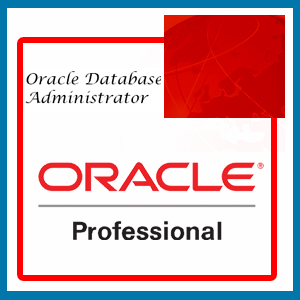
 course structure please contact miracle.
course structure please contact miracle.This course takes the database administrator beyond the basic tasks covered in the first workshop. The student begins by gaining a much deeper understanding of possibly the most important job of a DBA – backup and recovery. The concepts and architecture that support backup and recovery, along with the steps of how to carry it out in various ways and situations, are covered in detail. This includes how to define and test your own backup and recovery scenarios. Also, the DBA learns how to manage memory effectively and how to perform some performance evaluation and tuning tasks, including using some of the advisors. All types of flashback technologies, scheduling jobs inside and outside of the database, and controlling system resource usage are also covered.

 course structure please contact miracle.
course structure please contact miracle.A practical and hands-on introduction to the Linux operating system, this workshop is perfectly suited for administrators, developers or power-users planning to use Linux in their environment. The workshop will also be very handy for decision-makers evaluating Linux for their IT infrastructure. The labs and concepts are independent of a particular distribution of Linux, and apply to other flavors of UNIX as well. We use a recent Linux distribution for all labs.
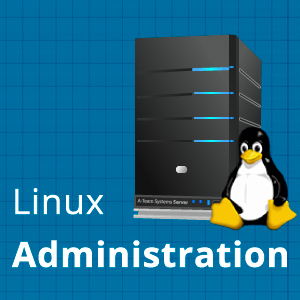
In this intensive course, students will learn about the Oracle Grid Infrastructure products. This includes Oracle Automatic Storage Manager (ASM), ASM Cluster File System and Oracle Clusterware. Students will also learn to administer the Oracle Clusterware and storage products using both command line utilities and graphical tools. Administration of ASM and ACFS will be done using both command line and graphical user interface clients. Students will learn how to leverage the Oracle Clusterware to make applications highly available, supporting monitoring and failover to other nodes. Students will learn to troubleshoot the Oracle Clusterware by examining log files, enabling debugging, and enabling tracing for various utilities. Students will learn to add and remove nodes in addition to upgrading or patching the Grid Infrastructure environment. Students will learn about RAC database administration in the Oracle Grid Infrastructure environment. Students will learn to administer cluster databases using Enterprise Manager and command-line utilities like SRVCTL, CRSCTL, and SQL*Plus. Students will study the new connection architecture and how to make those connections highly available. Backup and recovery issues relative to cluster database environments will also be studied. Students will learn about Oracle RAC One Node and online migration. Students will learn about Quality of Service concepts. Finally, students will learn how to upgrade and path Oracle RAC databases.
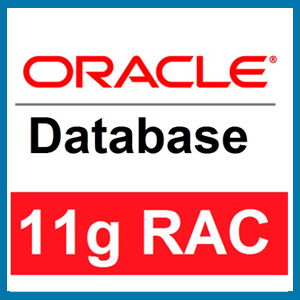
 course structure please contact miracle.
course structure please contact miracle.In this course, students learn how to use Oracle Data Guard to help protect their Oracle database against planned and unplanned downtimes. They also learn how Data Guard standby databases can be used to support production functions such as reporting, querying, and testing, while in a standby role.
The course includes Data Guard architecture, the configuration of physical and logical standby databases, and role transitions. Oracle Data Guard 11g features, including Oracle Active Data Guard and snapshot standby databases are outlined. In addition, management of a Data Guard configuration and troubleshooting are discussed.
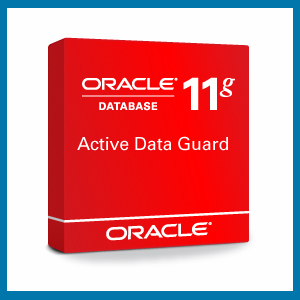
After completing this course, students should be able to evaluate their own recovery requirements and develop an appropriate strategy for backup and recovery procedures. This course reviews the backup and recovery techniques that are discussed in the Oracle Database 11g: Administration Workshop I and II courses, and examines various backup, failure, restore, and recovery scenarios. Students are expected to have some knowledge of Recovery Manager (RMAN) and Enterprise Manager, as they will use RMAN and Enterprise Manager to perform backup and recovery operations. Flashback features are also described as an additional way to recover from various errors. Extensive hands-on practices and workshops provide the student with experience in a realistic technical environment. This course includes interactive workshops that provide participants with the opportunity to diagnose and recover from numerous failure scenarios, based on backup and recovery case studies.
 course structure please contact miracle.
course structure please contact miracle.A practical and hands-on introduction to the Linux operating system, this workshop is perfectly suited for administrators, developers or power-users planning to use Linux in their environment. The workshop will also be very handy for decision-makers evaluating Linux for their IT infrastructure. The labs and concepts are independent of a particular distribution of Linux, and apply to other flavors of UNIX as well. We use a recent Linux distribution for all labs.

 course structure please contact miracle.
course structure please contact miracle.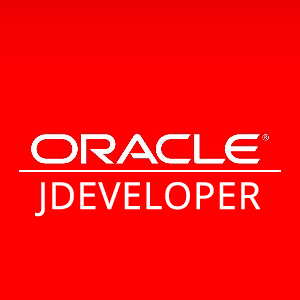
Students will acquire knowledge of how to build Oracle Forms™ using Developer 2000. Students will comprehend working in a graphical user interface environment, and will also learn how to customize forms with user input items such as check boxes, list items, and radio groups. In addition, students will learn how to modify data access by creating event-related triggers. This course will give students basic navigation skills in Oracle Developer 2000 and will also help to prepare the student for Oracle's exam titled Developer 2000: Build Forms I.
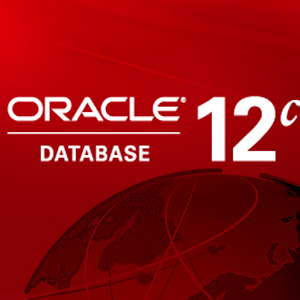
 course structure please contact miracle.
course structure please contact miracle.